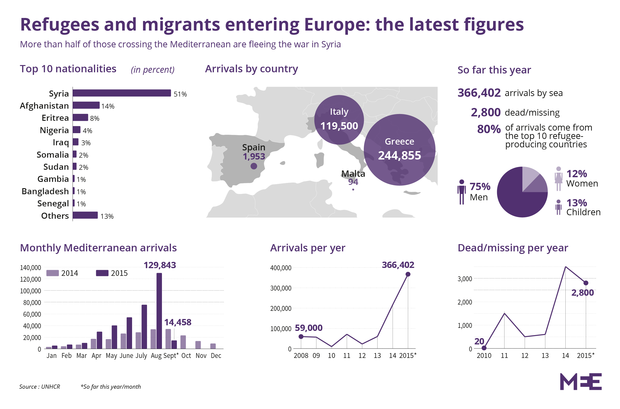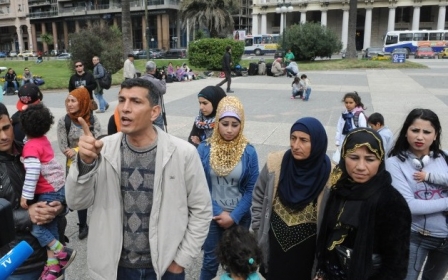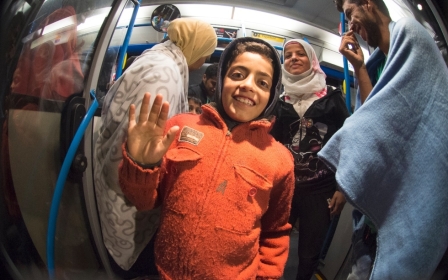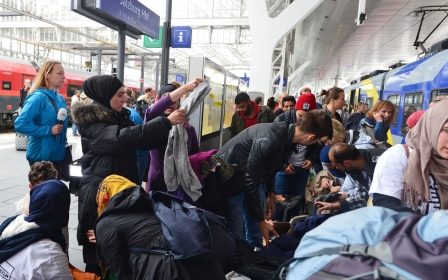EU's Junker calls for 'compulsory' relocation of 160,000 refugees
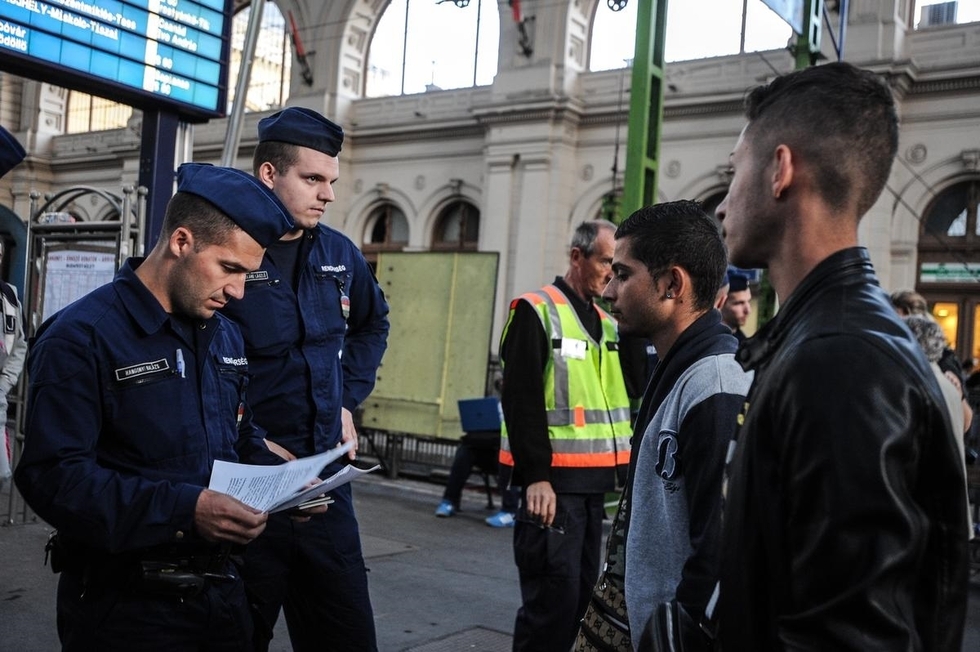
EU must agree "compulsory" relocation of 160,000 refugees next week, EU Commission chief Jean Claude Junker said on Wednesday as he unveiled the latest plan to try and deal with the refugee crisis.
“Turning back boats is not European," he said, while applauding recent moves in Germany to take in more refugees.
"It is 160,000 that Europe has to take into their arms, this has to be done in a compulsory way. I call on the (European) Council to agree to take 160,000 at the interior ministers' meeting on 14 September," Juncker said in a speech to the European Parliament.
Europe must take "bold" action to deal with Europe's worst refugee crisis since World War II, Junker said.
"Now is not the time to take fright, it is time for bold determined action for the European Union," he added in his first EU State of the Union speech.
The figure includes a fresh emergency relocation scheme for 120,000 refugees from overstretched Italy, Greece and Hungary, combined with a similar scheme to take in 40,000 refugees from Italy and Greece that he unveiled in May. The UN meanwhile has called on Europe to take in at least 200,000 refugees.
Earlier reports about the proposal indicated that Germany would take 31,443 refugees and France 24,031 as part of the scheme intended to alleviate pressure on frontline member states like Italy and Greece. Since those reports emerged on Monday, however, Germany has indicated that it would be willing to take in 500,000 people a year over the next few years.
While German - favourite destination for refugees - is expected to endorse the proposals, Chancellor Angela Merkel has instead called a "binding agreement on the binding distribution of refugees according to fair criteria between member states".
"We cannot say we will share out a fixed number of refugees" but should instead agree on a proportional division of the arrivals, she told the German parliament on Wednesday.
In his speech, Junker also criticised recent calls by some Western states to take in more Christians, stressing that the EU should not make religious distinctions when dealing with refugees.
"There is no religion, there is no belief, there is no philosophy when it comes to refugees," Juncker said in his speech. "We don't distinguish."
Last month, member state Slovakia said that it would voluntarily take in refugees but that it would only take in Christians. A French mayor also controversially said his town would only take Christians, while a Cypriot official told media following Junker's announcement that his country would also prefer to take in Christians.
Earlier in the day, Australia also announced that it would take in an extra 12,000 Syrian refugees, although Prime Minister Tony Abbott said that "persecuted minorities" would be given preferential treatment.
On Tuesday one of his ruling coalition ministers stressed that Christians in particular would be given preferential treatment, although he insisted that places to refugees would be allocated according to need.
Looking forward
The EU is expected to roll out a more permanent plan for legal migration early next year, with EU President Donald Tusk on Tuesday warning that the refugee "exodus" could last for years to come.
"The wave of migration is not a one-time incident but the beginning of a real exodus, which only means that we will have to deal with this problem for many years to come,” Tusk said.
Juncker has now responded to the statement by calling for a more permanent refugee relocation mechanism "to deal with crisis situations more swiftly in the future" and said that climate change would also increase the number of refugees in coming years.
He also called on host countries to reform existing legislation in order to allow refugees to work while they wait for their asylum claims to be processed.
"I'm strongly in favour of allowing asylum seekers to work and to earn their own money when their asylum process is underway. Work is a matter of dignity," he said.
"We should do everything to change our national legislation to allow refugees to work from day one of their arrival."
Stay informed with MEE's newsletters
Sign up to get the latest alerts, insights and analysis, starting with Turkey Unpacked
Middle East Eye delivers independent and unrivalled coverage and analysis of the Middle East, North Africa and beyond. To learn more about republishing this content and the associated fees, please fill out this form. More about MEE can be found here.



